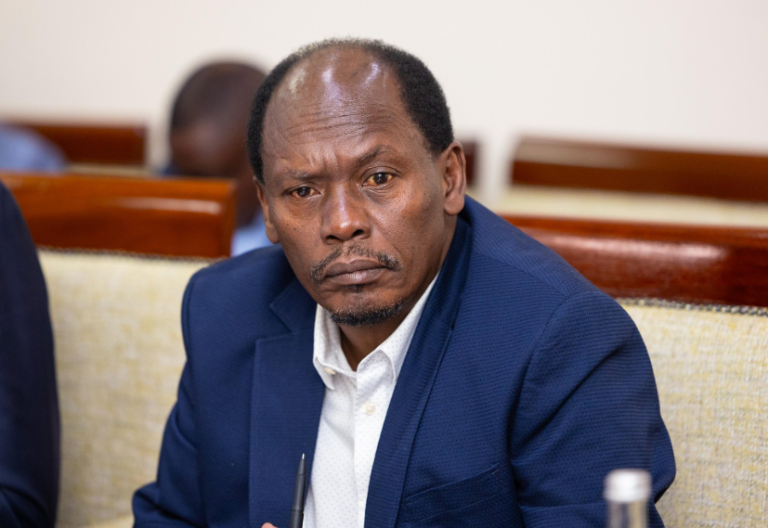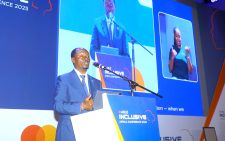Kabogo decries Sh12.7b given to creative economy

The digital superhighway and creative economy sector, long touted as a cornerstone of Kenya’s economic transformation agenda, has received the lowest allocation in the 2025/26 national budget, at Sh12.7 billion.
This comes despite repeated assurances from the government that digital innovation and youth-led creative industries are central to the Bottom-Up Economic Transformation Agenda (BETA).
Reading the budget yesterday, Treasury CS John Mbadi said the government remains committed to enhancing ICT infrastructure and expanding internet access, citing the sector’s potential to create jobs, drive innovation, and improve service delivery. “Enhanced ICT infrastructure and wider internet access are key goals, while the creative industry provides vital job opportunities for youth and helps tackle unemployment,” he said.
However, the allocation, which significantly trails sectors like infrastructure, health, and agriculture, has raised questions about the government’s true commitment to building a digitally driven economy and addressing youth unemployment through innovation and creativity.
According to Mbadi, Sh2.3 billion has been allocated for the construction of Kenya Advanced Institute of Science and Technology at Konza Technopolis, Sh3.7 billion for Kenya Digital Economy Acceleration Project, Sh333.2 million for government shared services, Sh382 million for the digital superhighway, Sh689 million for the establishment of digital hubs, and Sh750 million for maintenance and rehabilitation of National Optic Fiber Backbone Infrastructure.
“To fast-track the development of Konza Technopolis City, I have proposed an allocation of Sh3.1 billion for the Konza data centre and smart city facilities,” he said. “To enhance transparency, accountability, and efficiency in public procurement, I have also proposed an allocation of Sh700 million for the rollout of the electronic government procurement (e-GP) system.”
The digital superhighway initiative, which encompasses nationwide ICT development, digital skills training, and internet connectivity, remains a cornerstone of the government’s development blueprint. Enhanced ICT infrastructure is seen as vital for delivering efficient public services, expanding e-commerce, and supporting innovation across sectors.
The creative economy, including film, music, fashion, and digital content creation, also forms a vital part of this investment. The government views the sector not only as a cultural asset but as a powerful engine for economic growth and youth empowerment.
According to ICT and Digital Economy, Cabinet Secretary William Kabogo, this allocation is not even half of its financial requirement for the 2025/2026 financial year, a shortfall that will negatively impact the implementation of key projects. Without adequate funding, the implementation of crucial government projects could be delayed.
The ministry had requested Sh72 billion to fully execute its programmes, including expanding digital infrastructure, supporting creative industry development, establishing digital hubs across all counties, and strengthening e-government platforms all of which are now at risk of being scaled down or postponed due to budgetary constraints.
“Despite all this, the ministry is focusing on prioritising key projects and programmes to ensure that the available funding is used effectively. We will also collaborate with various stakeholders to seek additional funding and ensure the successful implementation of its ICT initiatives,” said Kabogo.














